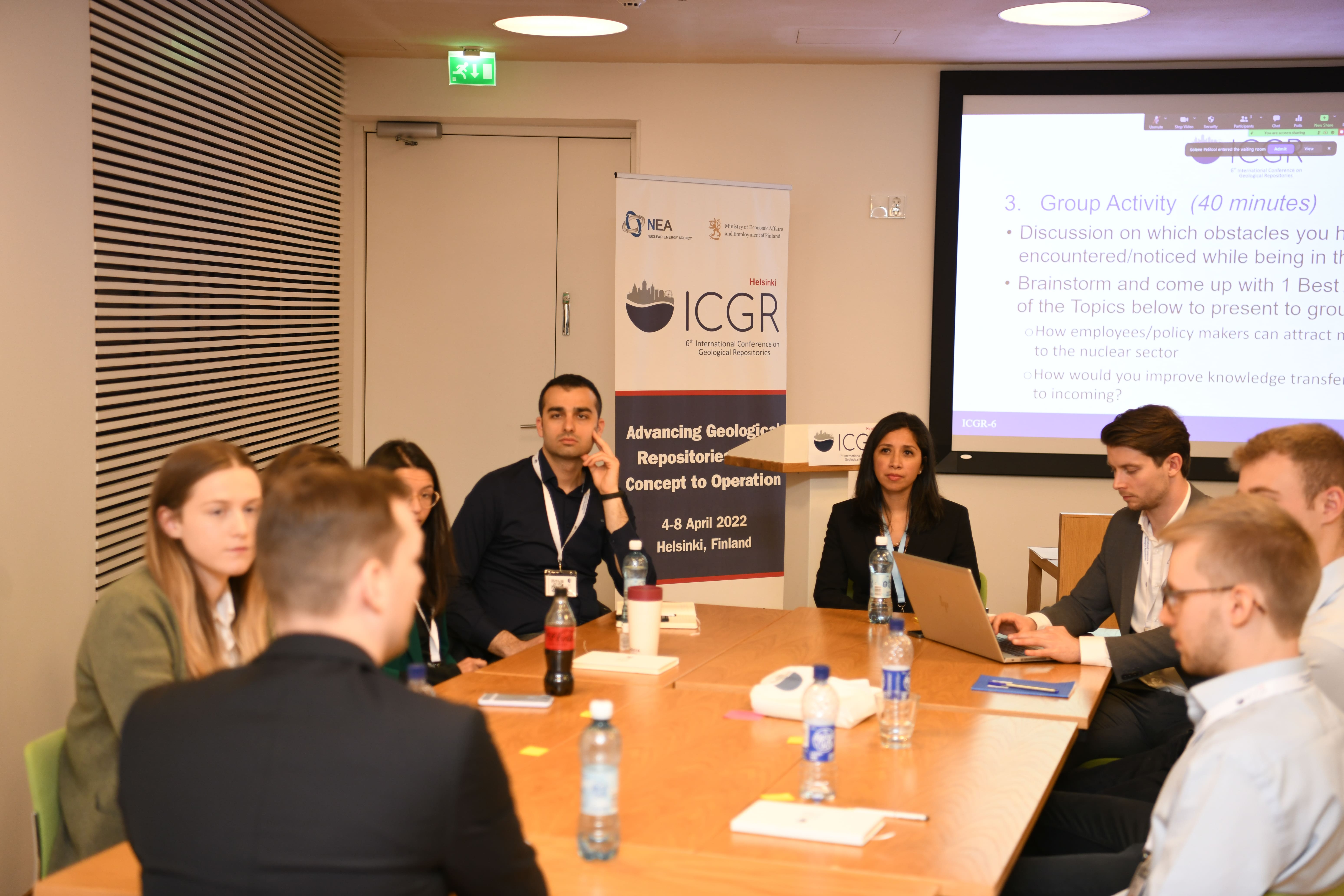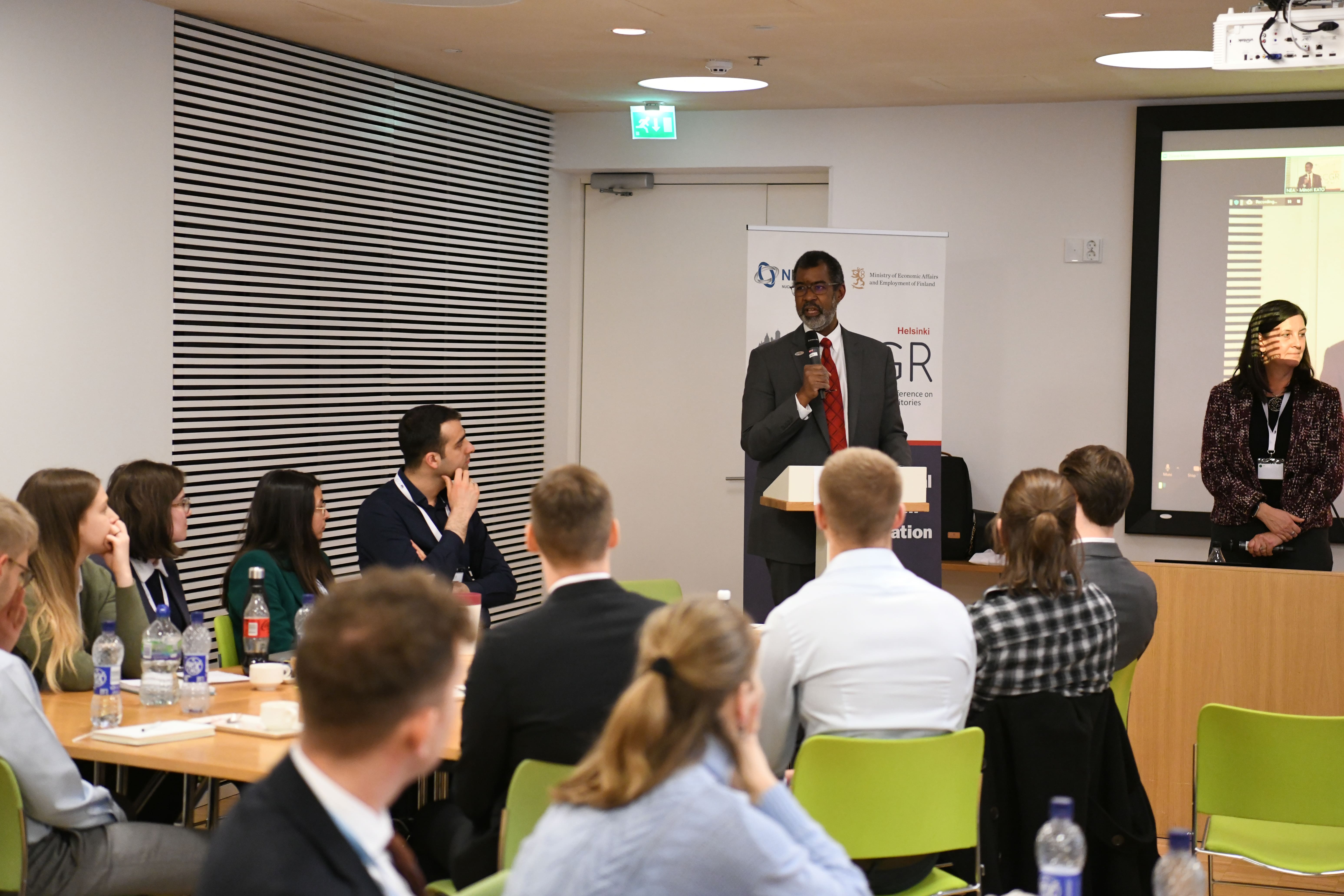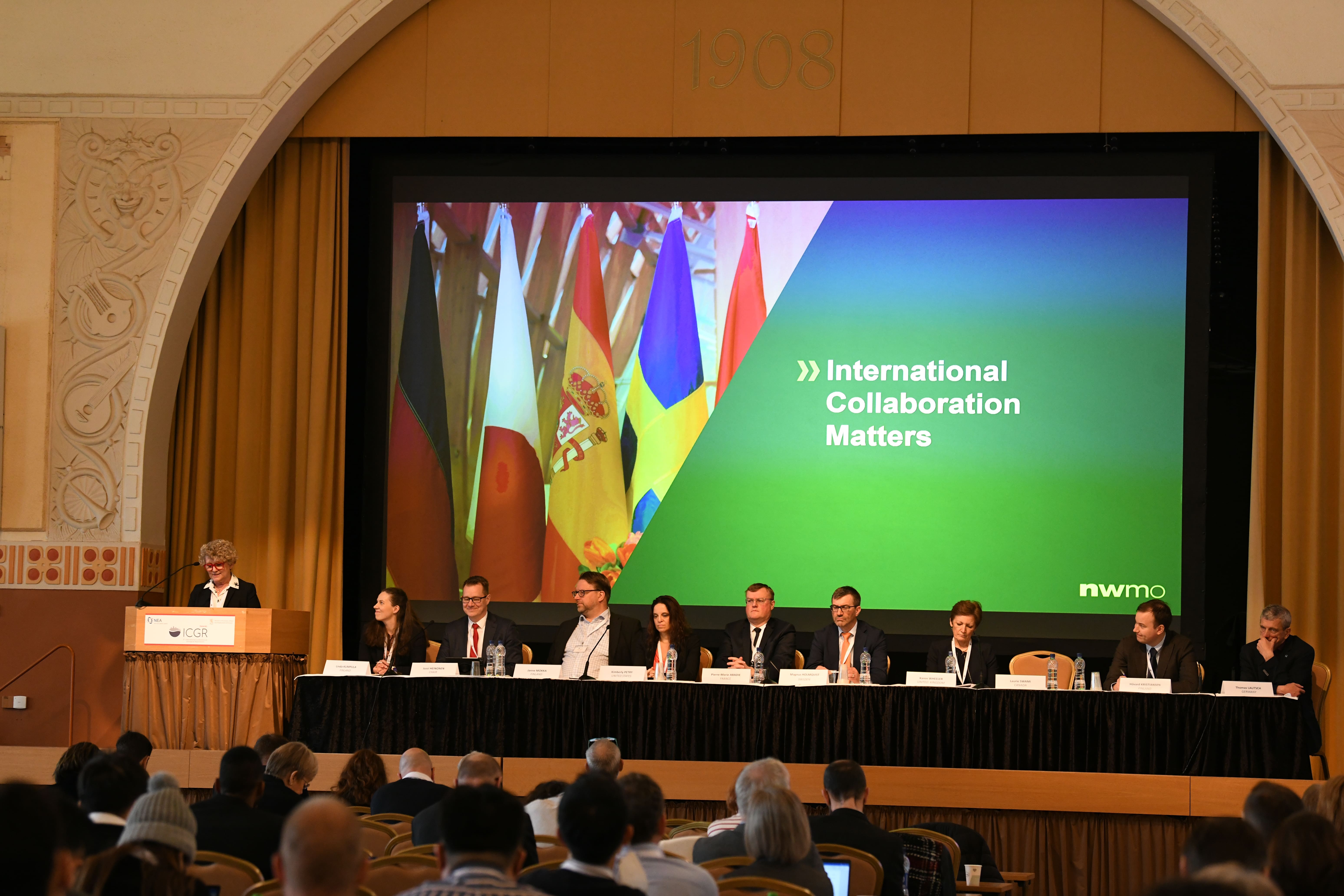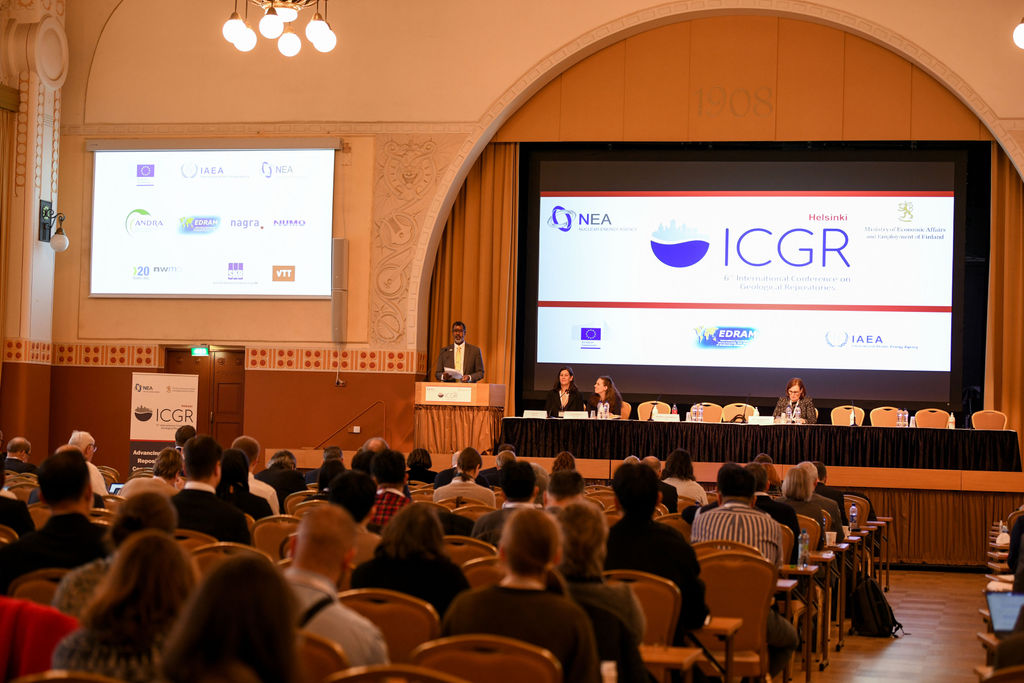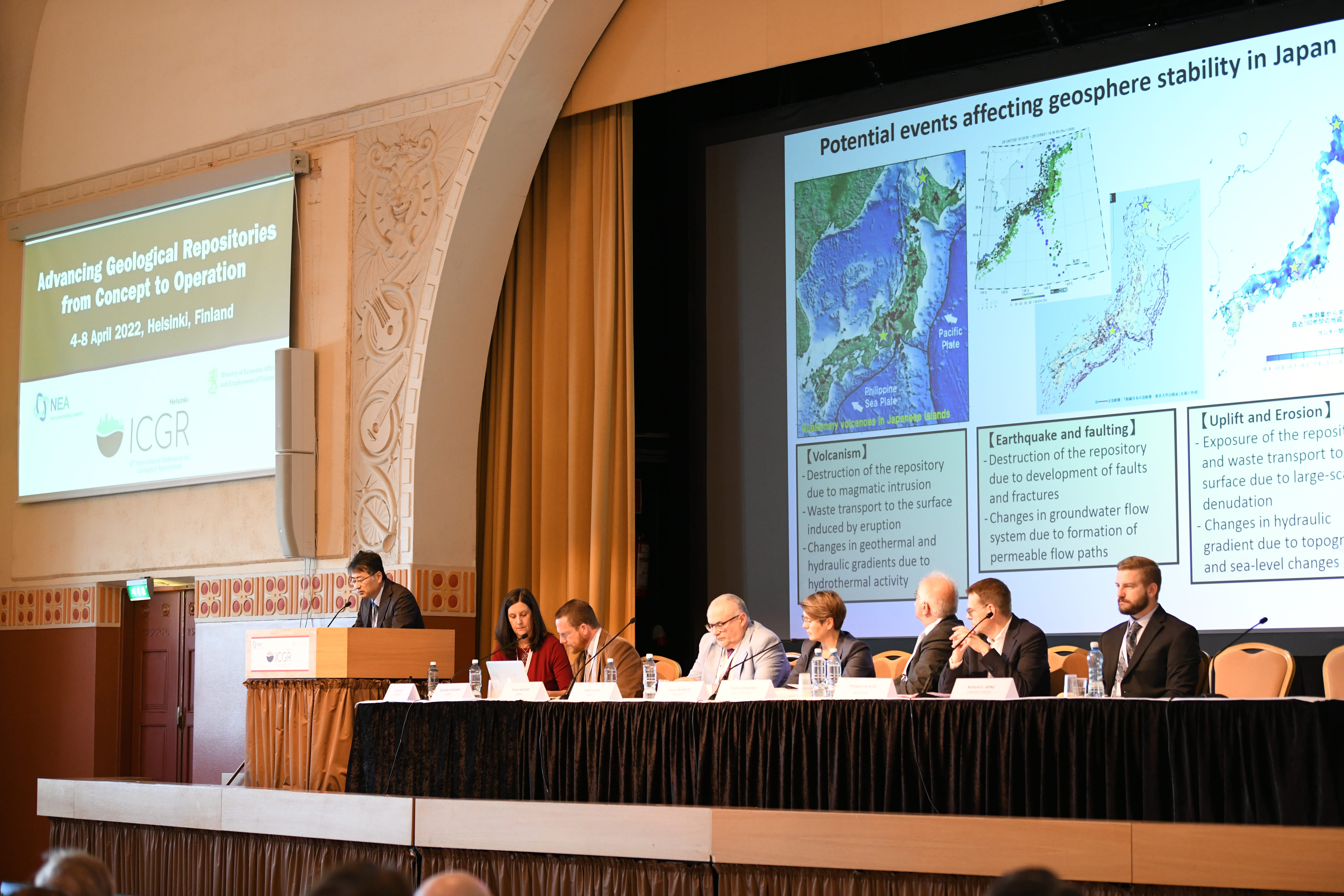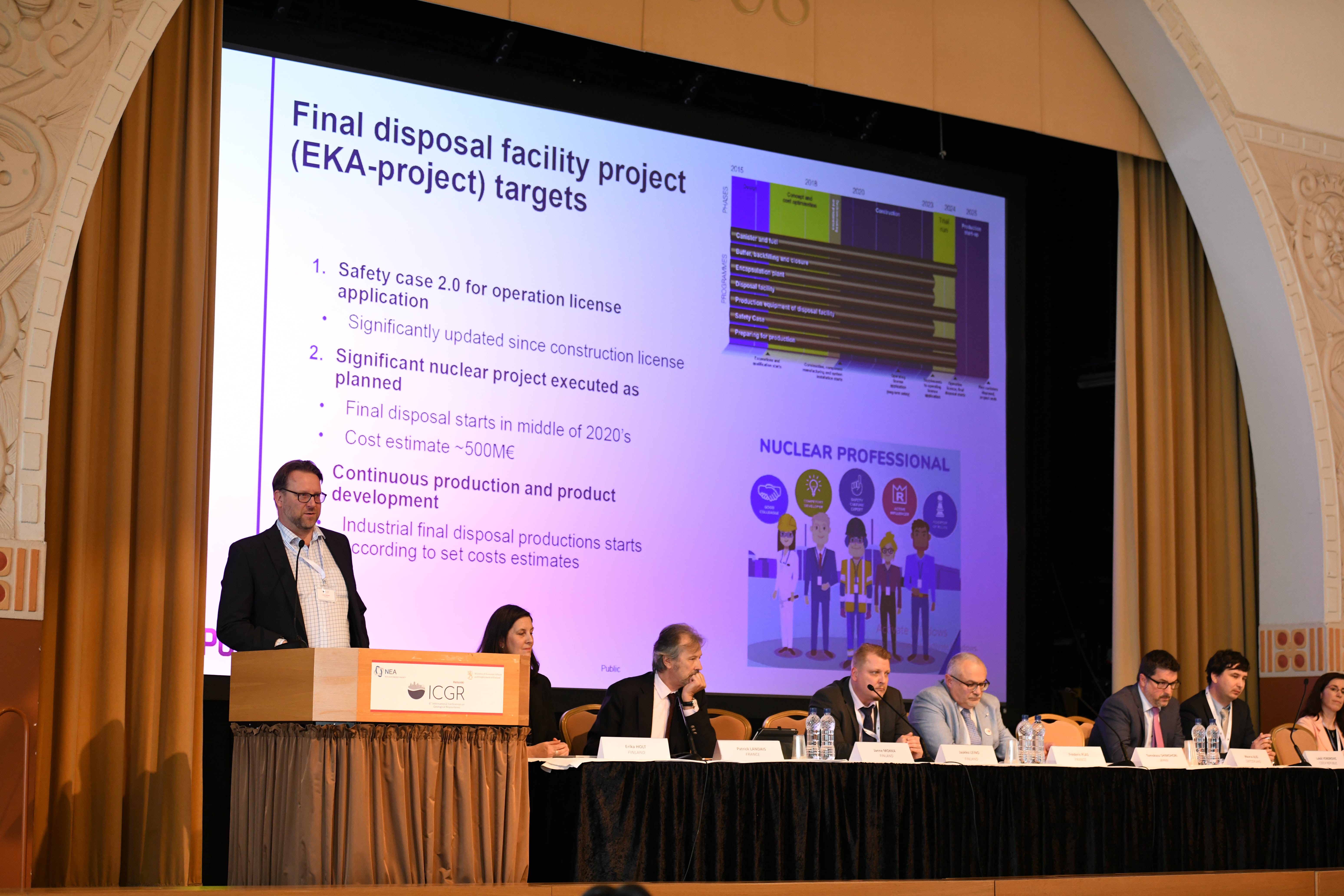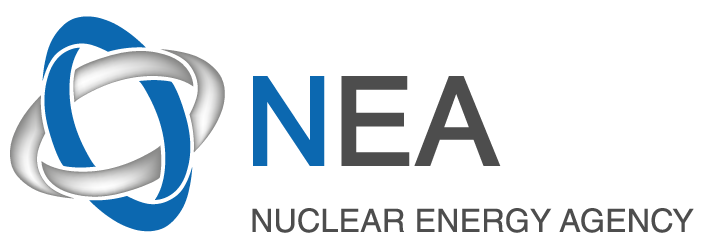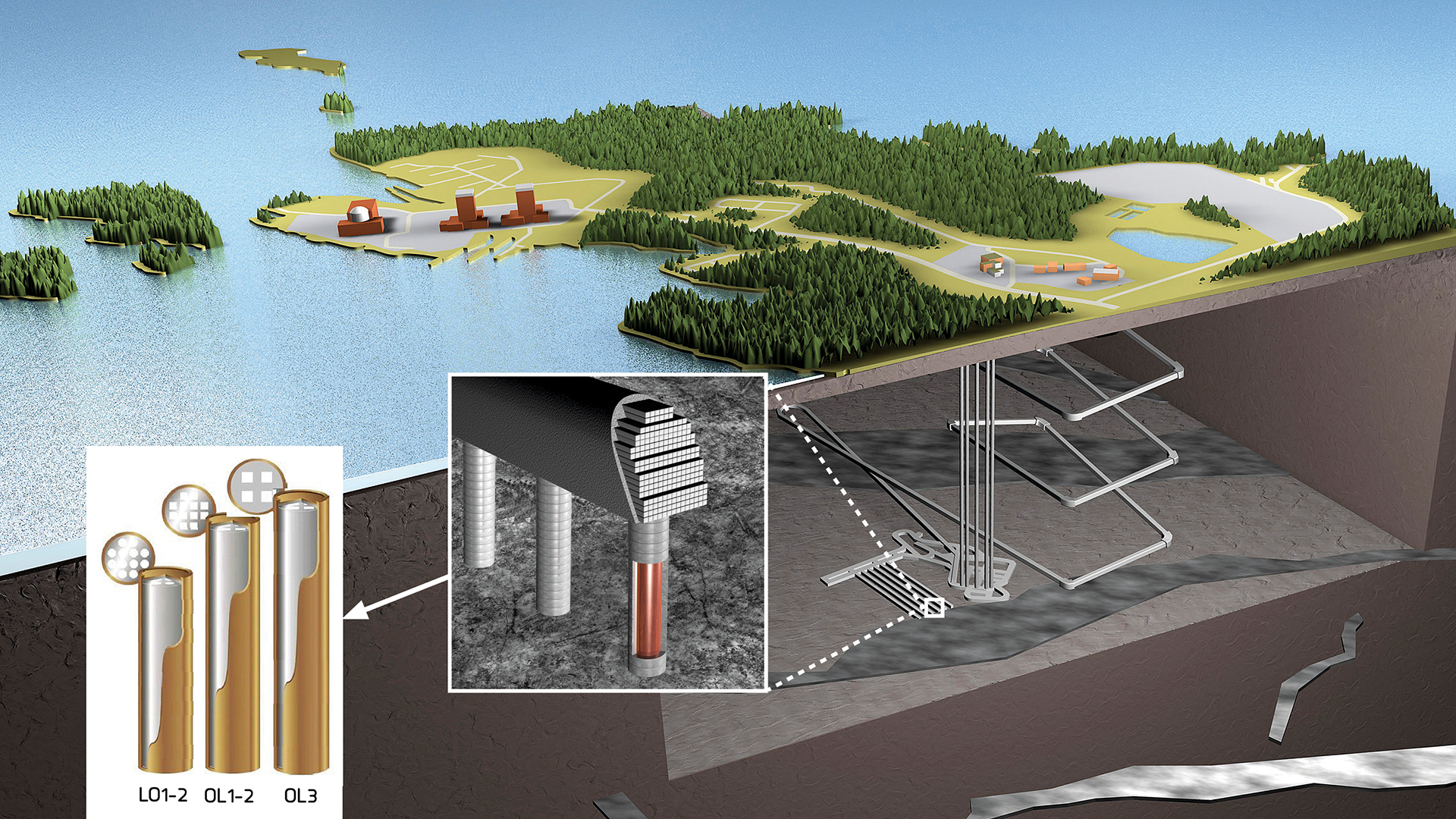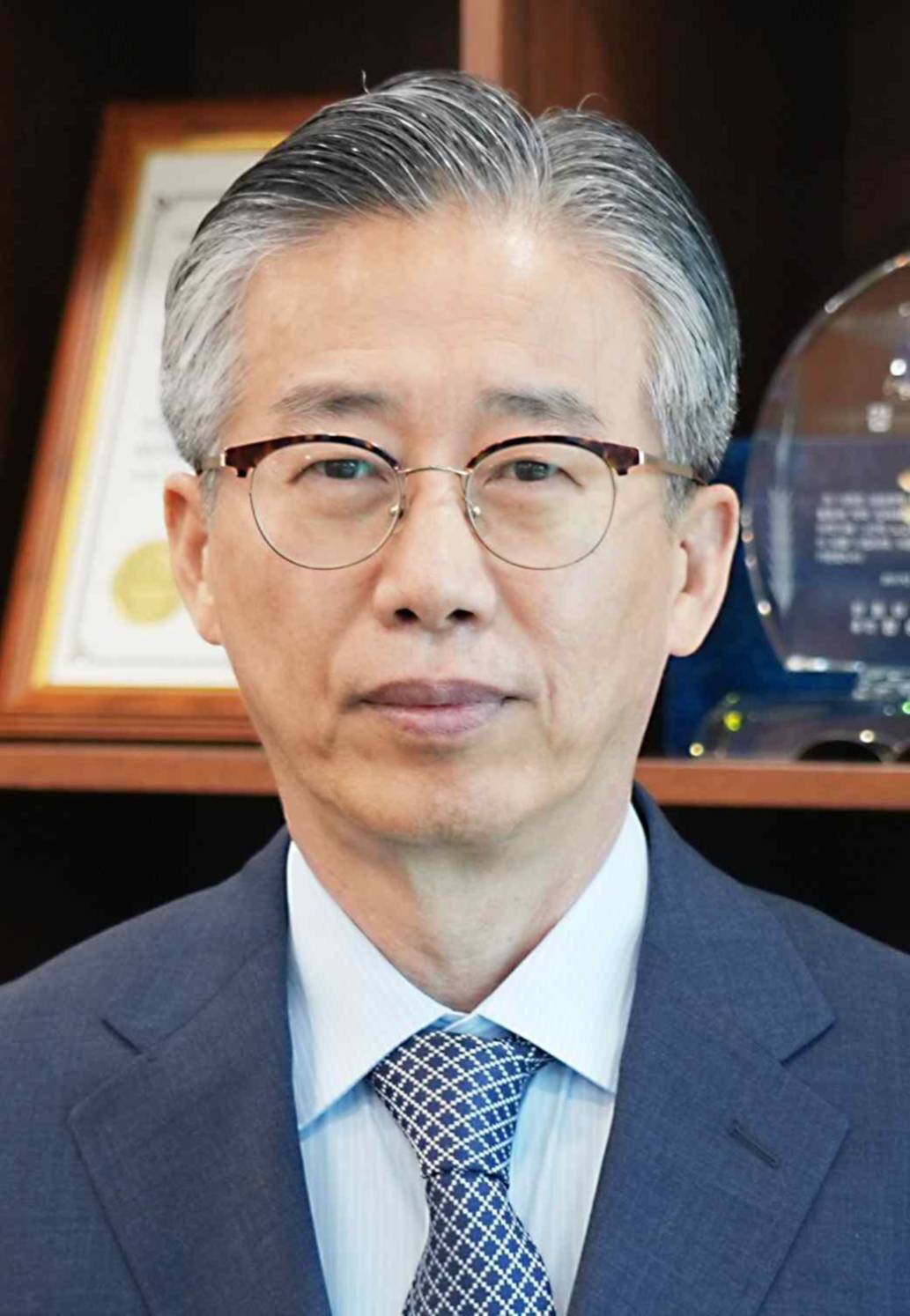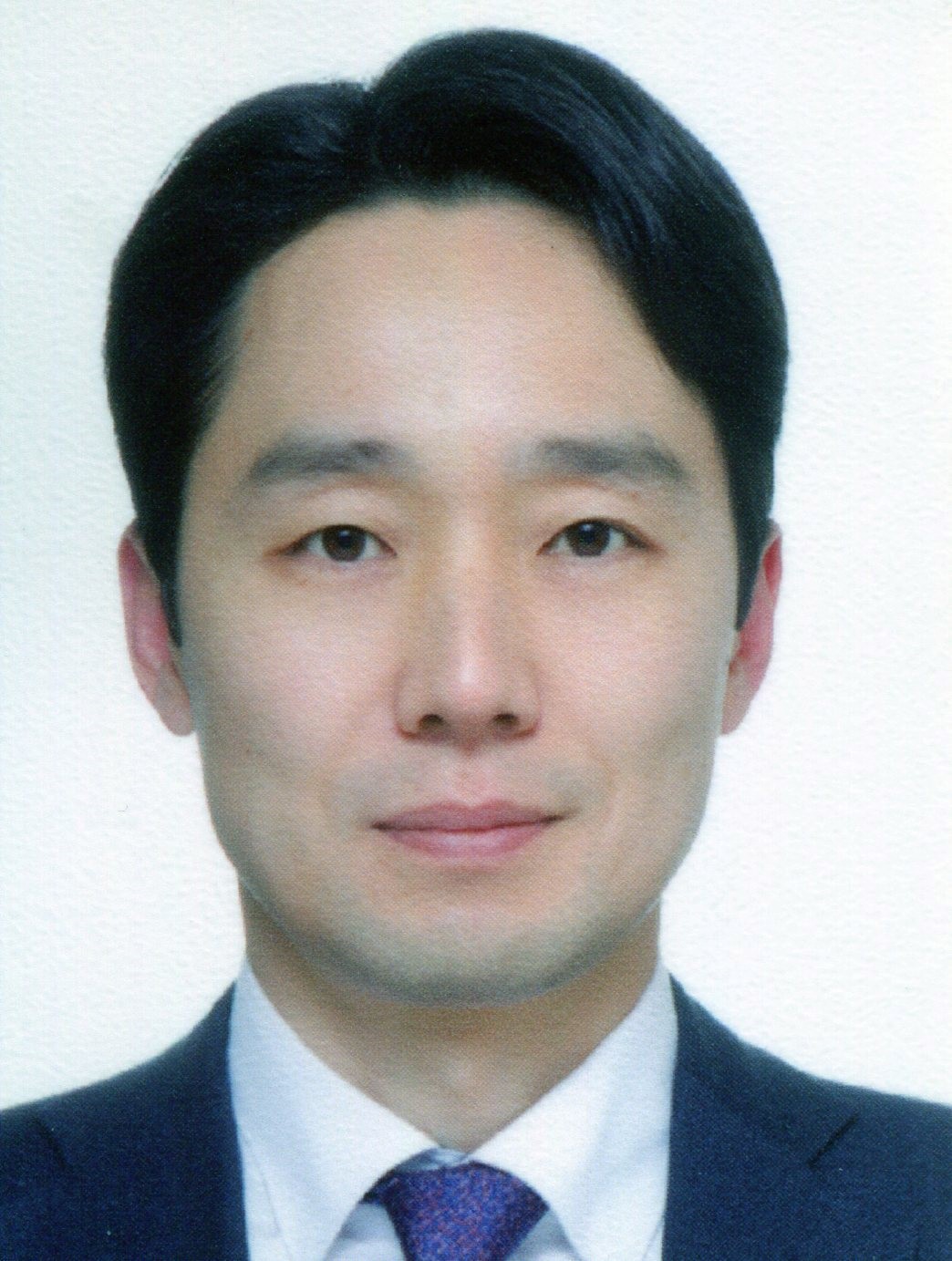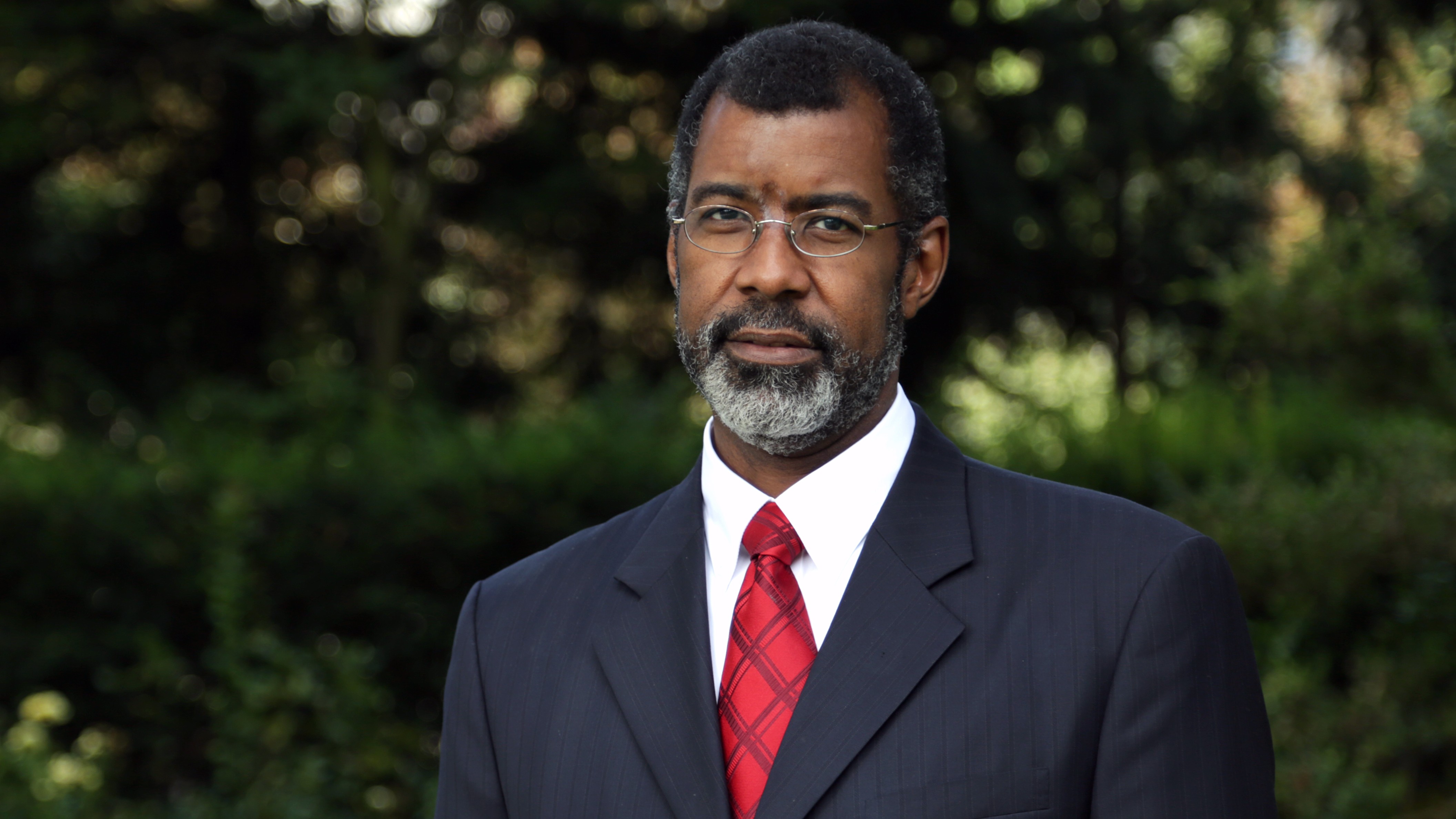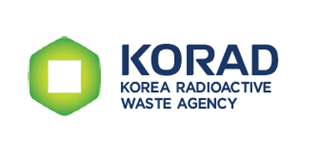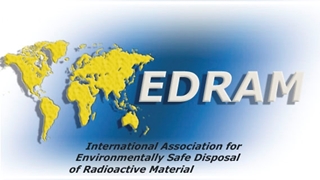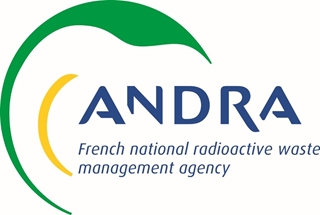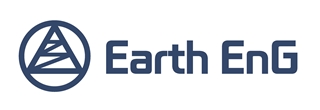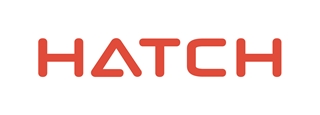Highlights from ICGR-6
The main objectives of ICGR-6 were to:
• Take stock of progress made since 2022 in developing and implementing geological repositories for long-lived radioactive waste, and to advance mutual learning through exchange of perspectives and experiences.
• To examine the latest issues and challenges encountered by various stakeholders in different developmental stages by sharing experiences among countries developing geological repositories.
• To enhance international co-operation for transforming research results into practical and reliable technologies for the long-term implementation of deep geological disposal facilities.
• To identify opportunities to strengthen co-operation for building and increasing confidence in the geological repository life cycle.
• To improve involvement of the younger generation in the development and research of geological disposal.
